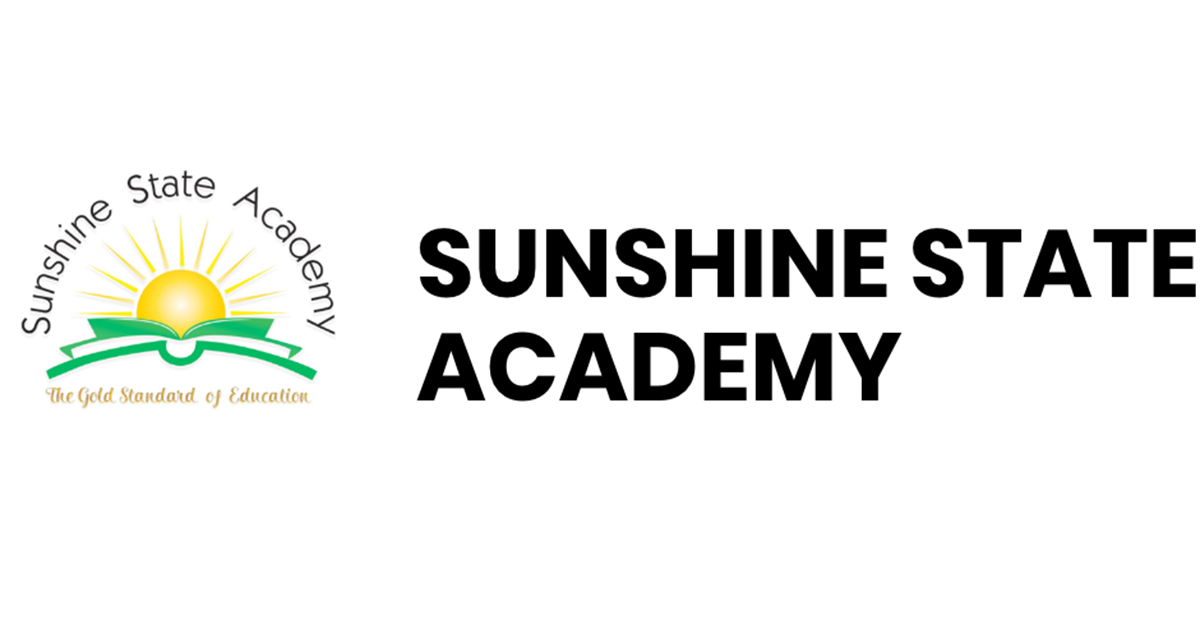Elementary Curriculum
Rigorous, Real‑World Learning From Grades K–5
Explore our Elementary Curriculum
READING
- Key Ideas and Details
- Craft and Structure
- Integration of Knowledge and Ideas
WRITING
- Text Types and Purposes
- Production and Distribution of Writing
- Research
SPEAKING AND LISTENING
- Comprehension and Collaboration
- Presentation of Knowledge and Ideas
LANGUAGE
- Conventions of Standard English
- Knowledge of Language Vocabulary Acquisition and Use
COUNTING AND CARDINALITY
- Know number names and the count sequence
- Count number of objects
- Compare numbers
OPERATIONS AND ALGEBRAIC THINKING
- Work with addition
and subtraction equations - Foundations for multiplication
NUMBER AND OPERATIONS IN BASE TEN
- Place value
- Value of a base ten block and ones block
MEASUREMENT AND DATA
- Describe and compare measurable attributes
- Classify objects and count the number of objects in each category
- Work with time and money
GEOMETRY
- Analyze, compare, create, and compose shapes
CRITICAL THINKING AND REFLECTION
- Respond to music from various sources
- Identify various sounds in music
- Identify pitched and unpitched instruments
SKILLS, TECHNIQUES, AND PROCESSES
- Improvise a response to musical questions
- Sing or play songs from memory
- Perform simple songs
- Match pitches
- Imitate simple rhythm pattern
ORGANIZATIONAL STRUCTURE
- Respond to beat, rhythm, and melody
- Respond to music to demonstrate how it makes one feel
HISTORICAL AND GLOBAL CONNECTIONS
- Respond to music from diverse cultures
- Connect music, language, and numbers
MOVEMENT COMPETENCY
- Locomotor skills
- Creative-movement sequence
- Strike objects using body
- Balance a lightweight object
- Catch a variety objects
- Throw a variety of objects
COGNITIVE ABILITIES
- Safety rules and procedures
- Utilize technology during physical activity
- Recognize the concept of coordination for throwing/striking/kicking patterns
- Recite cues for a variety of movement patterns and skills
LIFETIME FITNESS
- Participate regularly in physical activity
- Identify a moderate physical activity
- Identify a vigorous physical activity
RESPONSIBLE BEHAVIORS AND VALUES
- Exhibit responsible personal and social behavior that respects self and others in physical-activity settings
NATURE OF SCIENCE
- Scientific inquiry
- The processes of science and the scientific method
- Scientific argumentation
- Scientific observation and inference
PHYSICAL SCIENCE
- Forms of Energy
- Motion of objects
- Forces and changes in motion
- Properties of matter
LIFE SCIENCE
- Organization and Development of living organisms.
- Heredity and Reproduction
- Interdependence
EARTH AND SPACE SCIENCE
- Earth in Space and Time
- Earth Structures Earth Systems and Patterns
AMERICAN HISTORY
- Historical Inquiry and Analysis
- Historical Knowledge
- Chronological Thinking
GEOGRAPHY
- The World in Spatial Terms
- Places and Regions
- Physical System
ECONOMICS
Beginning Economics
CIVICS AND GOVERNMENT
- Foundations of Government, Law, and the American Political System
- Civic and Political Participation
- Structure and Functions of Government
CRITICAL THINKING AND REFLECTION
- Appreciate, interpret, and create
SKILLS, TECHNIQUES, AND PROCESSES
- Creating, interpreting, and responding to art
- Development of skills, techniques, and processes
ORGANIZATIONAL STRUCTURE
- The structural rules and conventions of art
- Verbal and non-verbal communication
HISTORICAL AND GLOBAL CONNECTIONS
- Cultural trends and historical events
- Connections among the arts and other disciplines
BEGINNER LEVEL SECOND LANGUAGE
- Interpretive Listening
- Interpretative Reading
- Interpersonal Communication
- Presentational Speaking
- Presentational Writing
- Culture
- Connections
- Comparisons
- Communities
